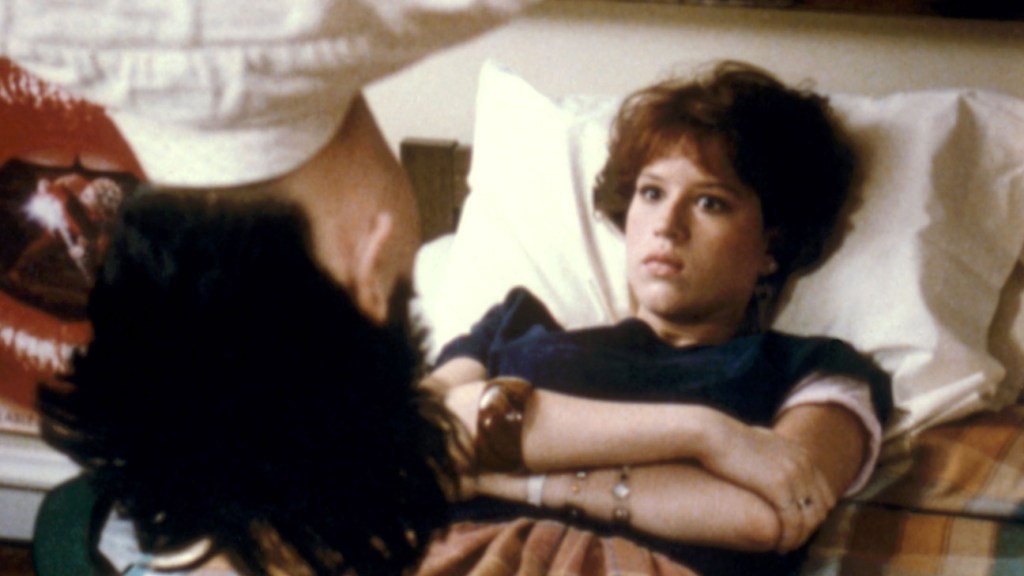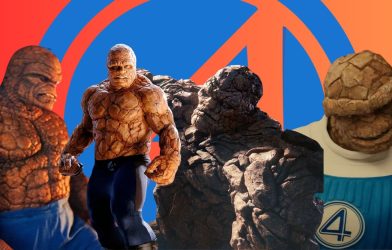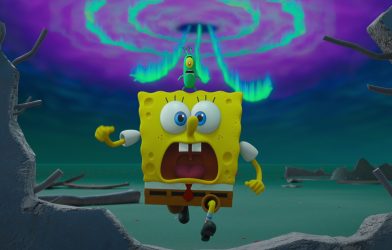
‘Sixteen Candles’
(c)Universal/Courtesy Everett Collection
Over the past couple of decades, John Hughes‘ Sixteen Candles has been seen in a new light, with many calling out its portrayal of foreign exchange student Long Duk Dong, played by Gedde Watanabe, as racist. For the 40th anniversary of the 1984 classic, Watanabe reflected on the role in an interview with People magazine where he said that he initially didn’t think about whether the character was offensive.
At the time of playing the character, Watanabe says, he was just happy to get his first big paycheck. “Frankly I was like, this is a good job, and I’m going to get paid more doing one week in this movie than I did all the years I was in the theater,” he said.
As for whether he had any hesitations on taking on the role as Long Duk Dong, Watanabe noted, “It didn’t really occur to me that it was a stereotype, because there wasn’t really anything out there for Asian actors at the time.”
He continued, “It was just so scarce. So I didn’t think it was stereotypical or racist. Isn’t that weird?”
He did recognize, however, that some of the language used to describe his character was questionable. “I remember the movie using the word ‘Chinaman’ and even then I was like, ‘Oh, that’s not great,’” he recalled. “But you also have to remember in that period of time, people still had to be educated about parameters, what the alarm bells were when it came to being offensive.”
Long Duk Dong is an awkward, nerdy Chinese exchange student who communicates in broken English and American catchphrases, causing him to be lampooned by the rest of the characters.
The actor defended Hughes’ decision to write the character, explaining that, in a way, Long Duk Dong also played against stereotypes. “That was really unusual in a sense, for the Asian character to get the girl and party and be in bliss like that,” Watanabe said.
Watanabe, who hails from Utah, used a fake, heavy accent in Sixteen Candles. He shared that to prepare for the role, he took inspiration from a friend, whose actual accent is similar to the character’s. “I had a friend who sort of sounded like him, and he helped me and let me listen to him and would talk with me, and then I went in and auditioned and got it,” he said.
To retain the accent while making the movie, he adopted a method acting technique of speaking with it, eventually breaking character during a table read, surprising Hughes. “He totally burst out laughing,” Watanabe recalled. “He was in shock.”









